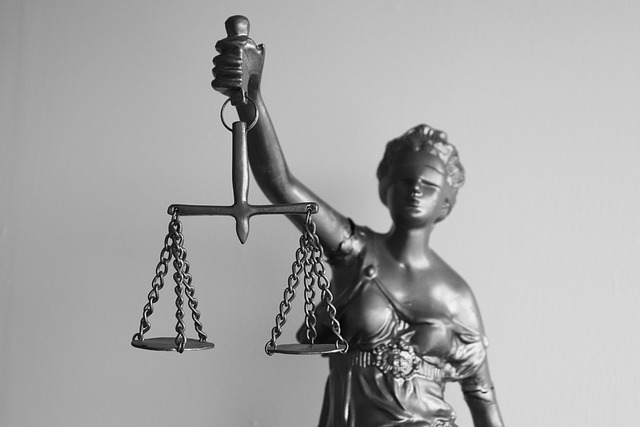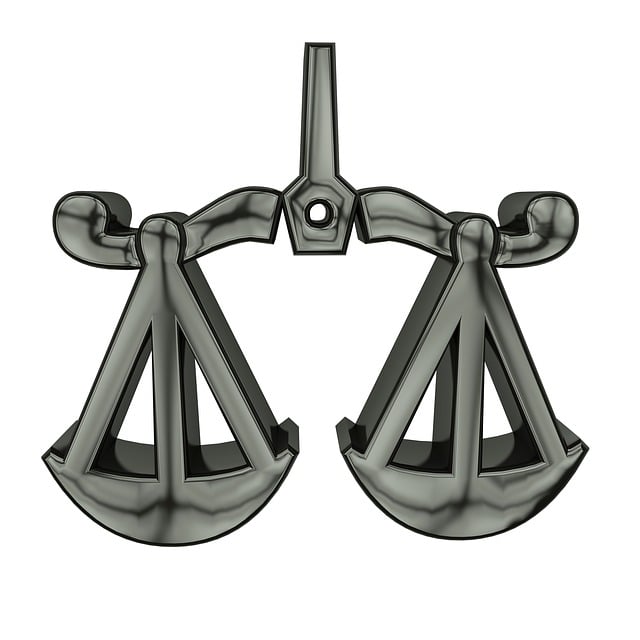Securities class actions are a key mechanism for justice, holding companies accountable for financial regulation violations. The process involves investigation, discovery, and legal defenses by skilled attorneys to protect entities while upholding market integrity and investor protection. Defending Against Financial Regulation Violations requires comprehensive strategies including robust compliance programs, internal controls, and ethical business practices to mitigate risks and build trust.
Securities class actions have emerged as a powerful mechanism to protect investors from financial regulation violations. This comprehensive guide delves into the intricate world of securities litigation, offering a detailed exploration from a legal perspective. We unravel the process, from initial notice to settlement or trial, and highlight strategies for both defense and compliance. By understanding these dynamics, businesses can better navigate complex regulatory landscapes, ensuring investor protection and fostering market integrity.
- Understanding Securities Class Actions: A Legal Perspective
- The Process: From Notice to Settlement or Trial
- Protecting Investors: Strategies for Defense and Compliance
Understanding Securities Class Actions: A Legal Perspective

Securities class actions are a significant legal mechanism for holding companies accountable for financial regulation violations. From a legal perspective, these cases encompass a comprehensive process designed to protect investors and maintain market integrity. The journey begins with an investigation, meticulously reviewing complex financial transactions and corporate conduct. This stage is pivotal in gathering evidence, identifying potential wrongdoings, and forming robust legal strategies.
As the case progresses through all stages of the investigative and enforcement process, the goal shifts towards achieving extraordinary results. Skilled attorneys specializing in white collar defense play a crucial role in defending against these allegations. Their expertise lies in navigating intricate regulatory frameworks, scrutinizing evidence, and constructing compelling defenses to safeguard corporate interests while ensuring compliance with stringent legal standards.
The Process: From Notice to Settlement or Trial

The journey of a securities class action begins when a group of investors collectively asserts that a company or its representatives have violated financial regulations or engaged in fraudulent activities. This process involves several critical steps, from the initial notice to the eventual settlement or trial. The first stage includes the filing of a complaint, where plaintiffs allege misconduct and seek collective redress. This is followed by extensive discovery, where both sides gather and exchange evidence, including financial records, internal communications, and expert opinions.
As the case progresses, defendants have the opportunity to defend against these allegations. They may challenge the claims, raise legal defenses, or propose alternative solutions. Throughout all stages of the investigative and enforcement process, skilled attorneys play a pivotal role in guiding their clients, ensuring they understand their rights and options. This complex journey culminates in either a mutually agreed-upon settlement, providing compensation to aggrieved investors, or a trial where a court decides the outcome based on presented evidence and arguments.
Protecting Investors: Strategies for Defense and Compliance

Securities class actions play a crucial role in protecting investors from financial regulation violations, ensuring transparency, and maintaining trust in the markets. When companies or individuals breach these regulations, a class-action lawsuit can be a powerful tool for justice. The process involves meticulous documentation and evidence collection throughout all stages of the investigative and enforcement process. This includes gathering information on potential harms to investors and assessing the corporate conduct at fault.
Defending against such lawsuits requires a strategic approach that goes beyond legal acumen. It involves building robust compliance programs, implementing stringent internal controls, and fostering a culture of ethical business practices within organizations. By doing so, companies can mitigate risks, safeguard their reputation, and demonstrate their commitment to upholding the highest standards, thus gaining the trust of both corporate and individual clients, as well as the philanthropic and political communities at large.
Securities class actions play a pivotal role in protecting investors and upholding financial market integrity. By understanding the intricate process, from notice to settlement or trial, and employing robust defense and compliance strategies, entities can effectively navigate these legal battles. Protecting investors against violations of financial regulations is not just about avoiding lawsuits; it’s about fostering trust and transparency in the markets. Through proactive measures and a deep grasp of the law, organizations can safeguard their reputation and ensure long-term sustainability.






